The Royal Society of Chemistry (RSC) is retracting 70 scientific studies believed to come from a ‘paper mill’, an organised and sophisticated operation producing falsified research papers.
The articles, most of which covered biomedical chemistry, appeared in RSC Advances, with a smaller number published in RSC Medicinal Chemistry and Food and Function. They were identified after extensive investigations in collaboration with an image integrity analyst and scientific experts over the course of 2020.
Although the studies appeared legitimate when viewed on their own, comparing multiple articles revealed common – and concerning – features such as duplicated and manipulated images, the publisher notes. Most were also written to an almost identical template despite having no common authors.
The RSC believes the retracted studies come from a paper mill, an enterprise that produces and sells fraudulent scientific papers. A number of other publishers have also been affected by this activity.
Paper mills are a growing concern for science publishers. In early 2020, an investigation by research integrity consultant Elisabeth Bik identified hundreds of potentially fabricated medical studies – all apparently churned out by a single paper mill. Around 50 have been retracted or withdrawn so far. It remains unclear whether such fabricated studies describe experiments that have actually been conducted, or if paper mills entirely fabricate images and results, Bik writes.
The RSC will now inform institutions and funders of instances where authors may have submitted fraudulent research. It has also introduced measures that will help identify points of concern when a manuscript is first assessed, including trialling software to detect image manipulation. Associate editors will also be provided with training on emerging digital fraud techniques.
More information will be included in the individual retraction notices on each study.


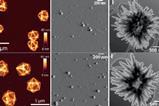

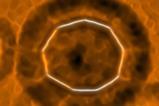


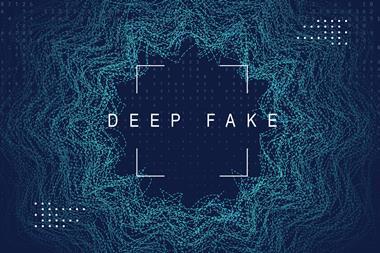
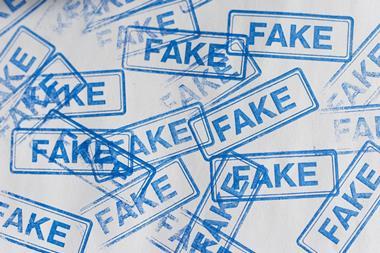

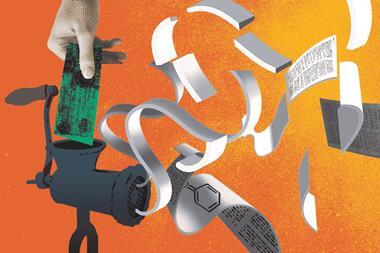
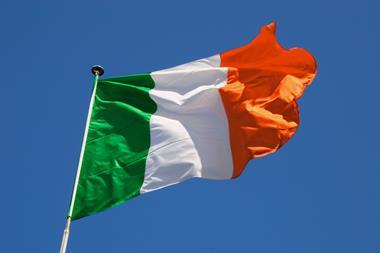





No comments yet